- Our Practice
-
Services
- Eye Exams →
- Adult Exam
- Pediatric Eye Exam
- Contact Lens Exam & Fitting
- Ocular Diseases →
- Diabetic Eye Exams
- Glaucoma Evaluation and Screening
- Age-Related Macular Degeneration
- Cataracts
- Specialty Eye Exams →
- Dry Eye Evaluation
- Dry Eye Questionnaire
- Eye infections & Emergencies
- Cataracts Consultation & Pre/Post Op Care
- LASIK Consultation
- Myopia Control & Management
- Upneeq Consultation
- Vuity Consultation
- All Services
- Products
- Patient Center
- Contact Us
PERSONAL & PROFESSIONAL EYE CARE
We believe in the importance of delivering the highest quality eye care for our community. We are committed to taking care of your eyes and providing the best patient care.
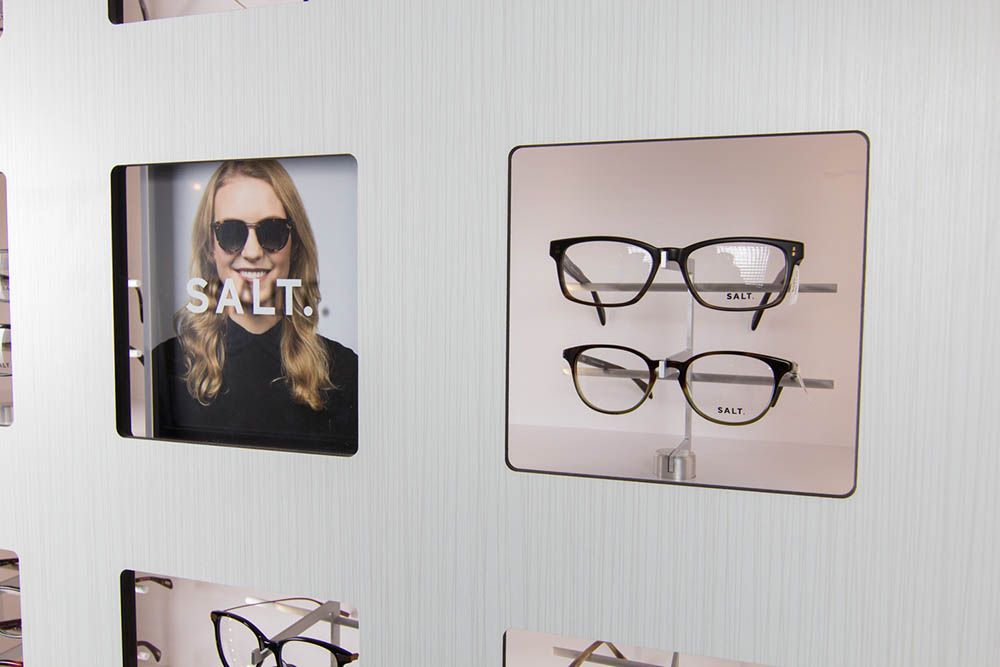
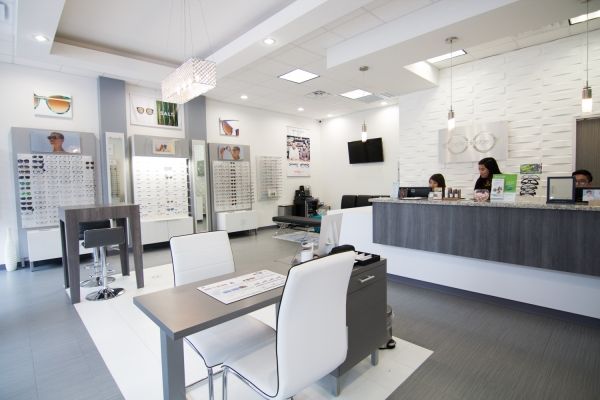


Meet Our Doctor
Featured Brands
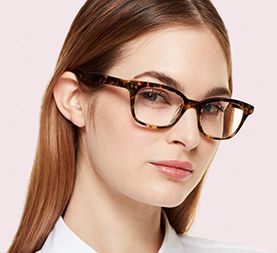

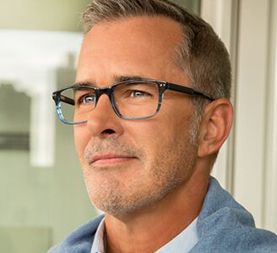





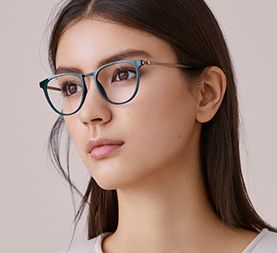







Testimonials
4.9 Average Reviews
Haven't been to an eye doctor since I was a kid. I had a great experience getting my eye checked out and also getting a prescription in just an hour. I've always had great 20-20 eye-sight but my far-sight vision gets blurry if I have one eye closed. They correctly diagnosed this as bilateral astigmatism, which I am grateful to finally have some confirmation. It's also great that you can shop for prescription frames here which you can try out freely while waiting. I was able to get the blue filter tint since I'm always working in front of a screen and also the automatic outdoor shade tinting. Even though my prescription is optional, it's good to have glasses that I know works for me if I need to see clearer.
By Steven J.
It has been about 15 years since I've had my last eye exam and when i visited Optical Edge this afternoon, I've been greeted nicely and the employees were super nice and have given me a good explanation of what tests i need to do. The Optometrist was very knowledgeable, direct and was very nice. Overall a really good experience. Highly recommended.
By M M.
Went to my first appointment and was very impressed. Staff is welcoming and accommodating. Doctor was very thorough with her exam and assessment of my concerns. She took time to make sure I was comfortable and informed. Highly recommend!
By ML F.
I’m thrilled that I have finally found my optometrist and optical shop! Dr. Nguyen and staff are kind and professional. They genuinely take the time to address your needs. What a great experience!
By Karen D.
Fantastic customer experience! They are always so patient with my husband who has a difficult time making a decision about frames. Our third year with them, and service has remained consistently excellent
By Carol T.
Easy to get an appointment, friendly staff, excellent doctor and they dealt well with a complicated eye condition, and getting prescription and glasses was easy. Competitive pricing with good choices: The best service I have had in confirming prescription with multiple tests.
By J T.
Best vision center, very professional ,friendly , reasonable and reliable. we always go for our annual check up and buy our prescription glasses though there are many providers nearby our house( 15 miles one way)




